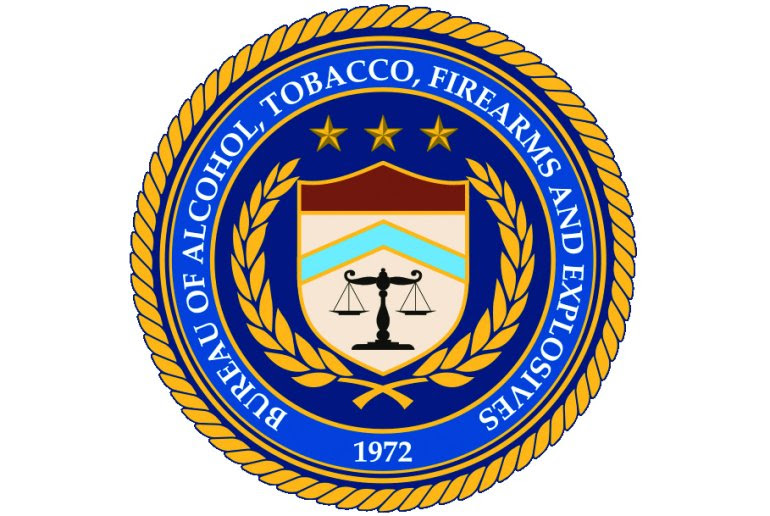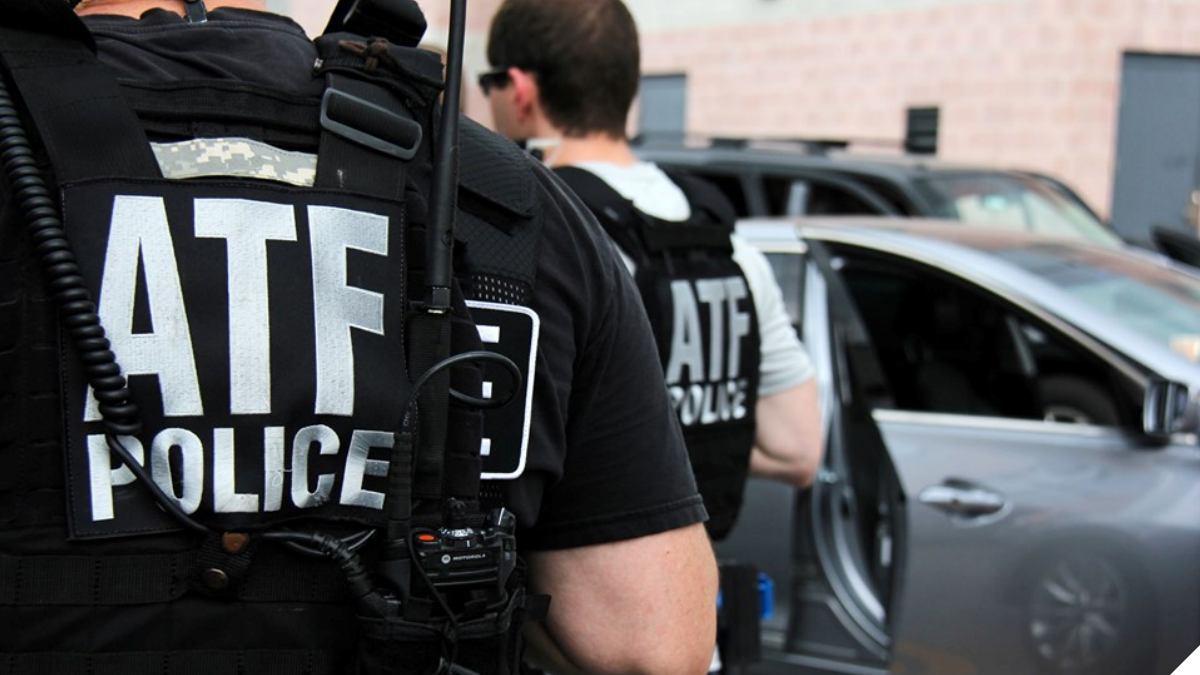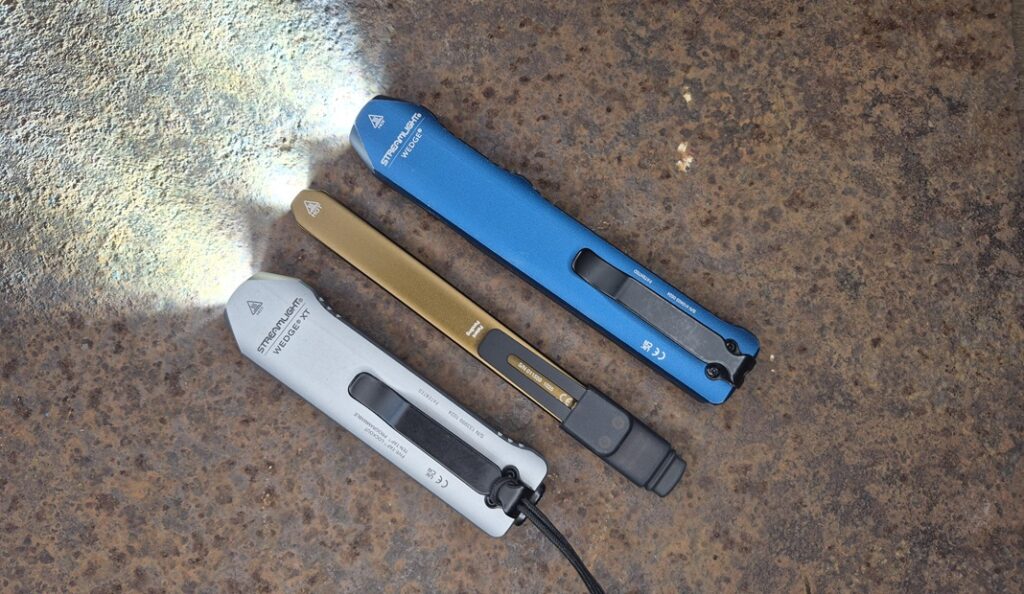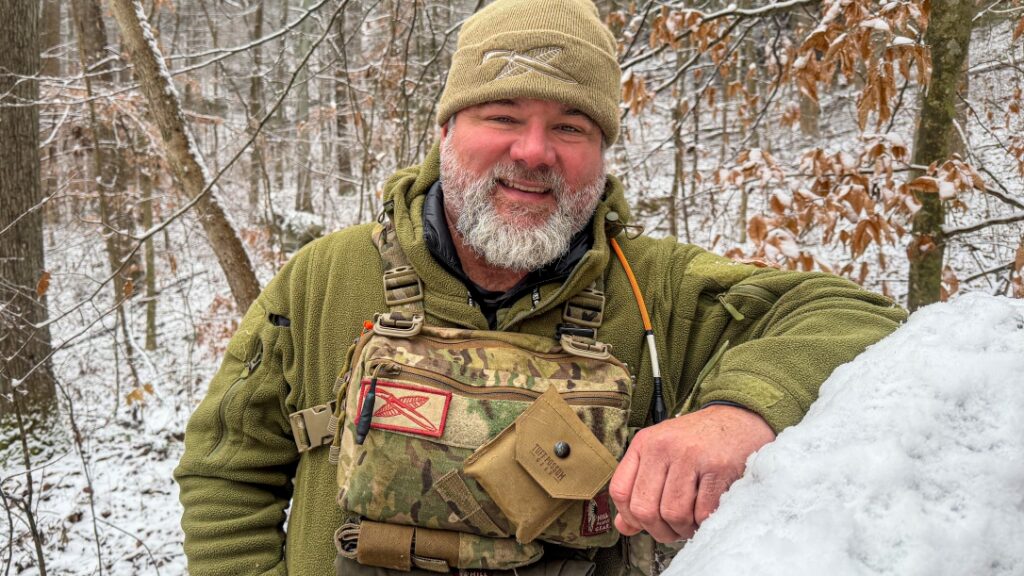From the Michigan Coalition for Responsible Gun Owners:
The Bureau of Alcohol, Tobacco, Firearms, and Explosives (BATFE) is a federal law enforcement agency within the United States Department of Justice. It is overseen by the United States Attorney General, a member of the President’s cabinet. The BATFE is empowered by Congress to regulate the sale, possession, and transportation of firearms and ammunition in interstate commerce. The agency has been controversial over much of its history including during Prohibition and its involvement in the more modern Ruby Ridge and Waco incidents.
Following the November presidential election, the BATFE’s Acting Director Regina Lombardo began a process of arbitrarily redefining the definition of a firearm. The BATFE’s recent focus has been on 80% lower receivers and pistol braces.
Advertisement — Continue Reading Below
The BATFE has begun raiding companies producing 80% complete lower receivers which, until recently, it had defined as incomplete and unable to be regulated as firearms. Gun control advocates refer to the unfinished receivers as “ghost guns,” a term also used for 3D printed firearms components.
Why the sudden change? On November 10, Lombardo admitted during a conference call that the BATFE has been in contact with the Biden transition team to discuss its top priorities. Those priorities for 2021, not surprisingly, include regulating 80% lower receivers and pistol braces.
The BATFE has, for years, wanted to go after pistol brace firearms as short-barreled rifles (SBRs). Two weeks ago, the BATFE felt emboldened enough to publish a notice of intent to further regulate pistol braces. The agency backed down this week after gun owners submitted over 48,000 public comments in opposition including a letter from 90 members of Congress which noted that the BATFE’s proposed regulatory shift could put millions of law-abiding Americans in serious legal jeopardy.
Advertisement — Continue Reading Below
While gun owners are celebrating this Christmas week victory, the BATFE’s actions since Election Day are a foreboding of future battles that could be decided, not in the narrowly divided U.S. Congress, but by unelected federal bureaucrats who would only be accountable to the most anti-gun administration in American history. Will the executive branch attempt to bypass the legislative branch in its gun control efforts as some state governors have done with COVID-19 orders? We are about to find out.
















